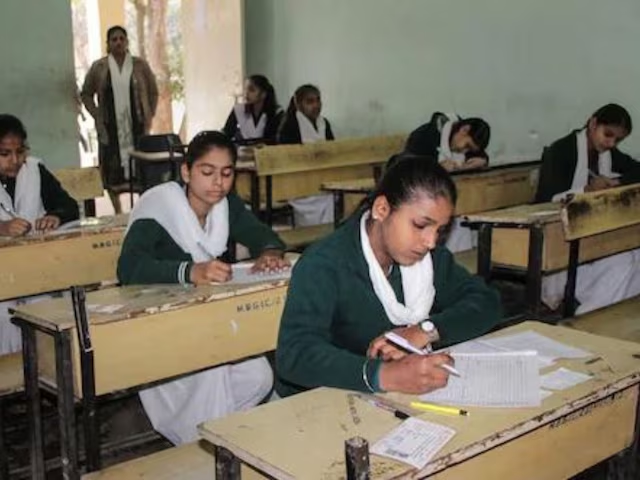The National Council for Educational Research and Training (NCERT) has requested the Union Ministry of Education (MoE) to prompt state governments to formally approve and implement the recommendations from the recent ‘Equivalence’ report. This report, released last month, highlights performance gaps among students from various state boards and is part of the school reforms proposed under the new National Education Policy (NEP) and the National Curriculum Framework-for School Education (NCF-SE).
The report, released by PARAKH (Performance Assessment, Review and Analysis of Knowledge for Holistic Development), suggests several key reforms:
- Cumulative Assessment System: Integrating the performance of students in classes 9, 10, and 11 into the final assessment for class 12.
- Demand-Based Exam System: Adjusting exam systems to be more demand-based.
- Professional Paper Setters: Developing a cadre of professional paper setters to standardize assessments for classes 9 to 12.
- Question Banks: Creating question banks for classes 9 and 11 to standardize year-end examinations.
The state boards are reportedly willing to implement these suggestions but require formal approval and notification from their respective state governments.
Current Status and Reactions:
- Punjab School Education Board: A senior official mentioned that the proposal is under review by higher authorities and will be notified once approved.
- Tamil Nadu: An official from a state education body noted that while the workshops on the recommendations were helpful, formal integration into the curriculum has not yet begun.
- Mizoram Board of School Education: Chairperson JH Zoremthanga acknowledged the importance of the recommendations for exam-related reforms and indicated that preparations for question banks would commence, despite financial implications.
The NCERT’s PARAKH unit has been conducting regional workshops with state boards to discuss and facilitate the adoption of these recommendations. However, as education is a subject in the ‘concurrent’ list, states are not obligated to follow central directives, leading to a varied pace of adoption across the country.
An analysis by the MoE last month revealed that students from state boards had a higher failure rate in classes 10 and 12 compared to those from central boards, further emphasizing the need for these reforms. The MoE has been contacted for a response, and updates will be provided as they become available.











